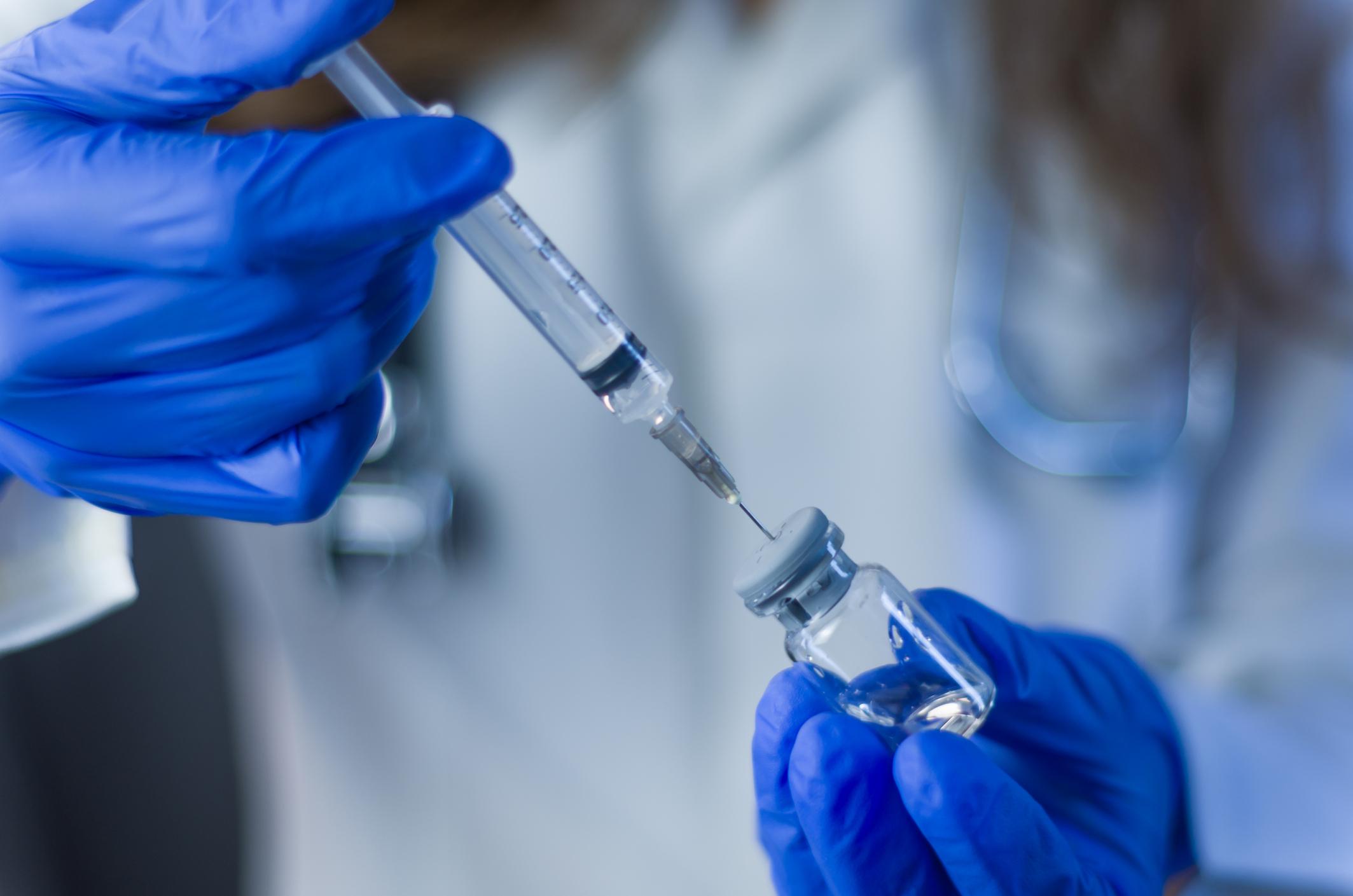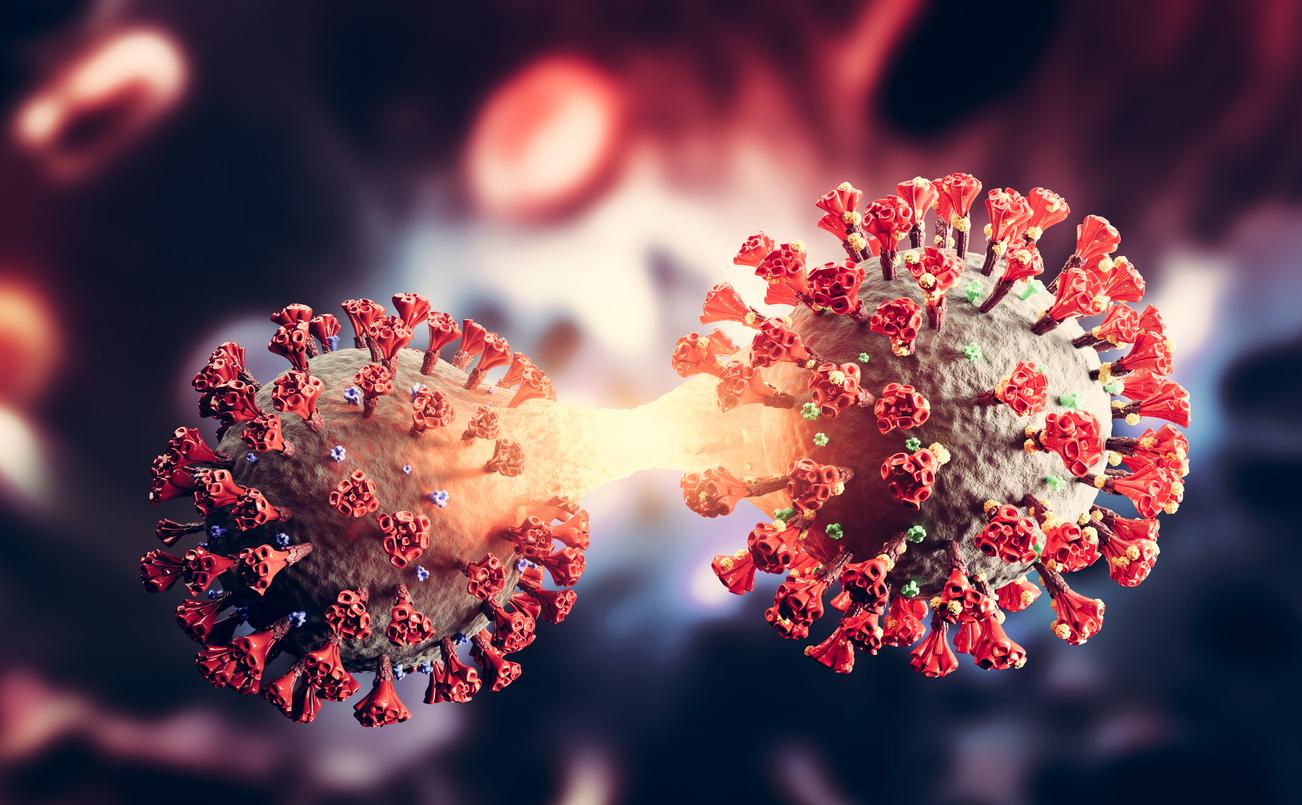SUMMARY :
- I tested positive for Covid-19: I isolate myself!
- I tested positive for Covid-19: I telework if possible
- I tested positive for Covid-19: I declare my contact cases
- I have tested positive for Covid-19: I am monitoring my state of health
In recent weeks, the number of positive cases has started to rise again. The reason ? The Omicron sub-variant, BA.2, 30% more transmissible than BA.1, is responsible for this increase in contamination, observed since the beginning of March. However, this rebound remains under control, this variant not being more severe and the vaccines remaining effective.
Other reasons for this increase in contamination: the relaxation of protective measures and individual behaviors, as well as the protective immunity of booster vaccines which is beginning to decline, especially in seniors.
I tested positive for Covid-19: I isolate myself!
You have been diagnosed positive for Covid-19 following a PCR or antigen test or a self-test ? First thing to do: isolate yourself to prevent transmission of the SARS-CoV-2 coronavirus to your loved ones.
If you have done a self-testthe Ministry of Health advises to confirm it with an RT-PCR test in pharmacies.
Is the self-test really reliable? The risk of false positives, that is to say the risk of being tested positive when you are not actually a carrier of the virus, is extremely low: this risk occurs in less than 1% of cases, according to the High Authority for Health. On the other hand, since the collection of self-tests is not carried out by a health professional, but by the user himself, the possibility of obtaining a “false negative” (the test is negative when one is contaminated) caused by a sampling error is very real. It is therefore essential to keep in mind that a negative result does not necessarily mean that the user is not a carrier of the virus. This is also the case for all the tests available: no test should lead in the event of a negative result to lifting the barrier gestures. The iterative nature – ie repeated several times – of the use of self-tests, however, makes it possible to increase their reliability by regularly repeating the samples.
Isolation, what does it mean exactly? During your period of isolation, stay at home as much as possible: have your shopping delivered, avoid seeing friends, skip outings and parties, telework if possible… If you live in the same household as people tested negative for Covid-19, try to live in a separate room, with the door closed: eat and sleep away from the rest of the family.
Avoid direct and indirect physical contact (do not share your glasses, your cutlery, your towels… refuse kisses and embraces); wear a mask (ideally: FFP2 or surgical) when you are in the presence of your relatives negative for Covid-19; regularly clean common areas (toilets, kitchen, etc.) with a disinfectant – such as bleach.
How long is isolation if you test positive? The length of isolation depends on where you are in your vaccination schedule:
- If you are “fully vaccinated”you must isolate yourself for 7 days after the date of the positive test. Do a PCR or antigen test on the 5th day of your isolation: if this is negative and you have not had symptoms for (at least) 48 hours, you can immediately stop isolating yourself. This pattern also applies to children aged 12 and under positive for Covid-19, regardless of their vaccination status.
- If your vaccination schedule is incomplete or you are not vaccinated against Covid-19you must isolate yourself strictly during 10 days after the date of the positive test. Take a PCR or antigen test on the 7th day of your isolation: if this is negative and you have not had symptoms for (at least) 48 hours, you can immediately stop isolating yourself.
More informations :
- Covid contact case: no more isolation, whatever your vaccination status
- Covid-19: how to benefit from a home nurse in isolation
I tested positive for Covid-19: I telework if possible
I tested positive for Covid-19: should I notify my company? First info: even if you have no symptoms of Covid-19, if you have tested positive (by an antigen test or PCR), you should not go to work! Telework if possible, otherwise request a work stoppage (without waiting period) on the Health Insurance website. However, the situation is more nuanced for employees in the health and medico-social sector…
Should you tell your employer that you are positive for Covid-19? The response from the Health Insurance is as follows:if you are positive for Covid, we encourage you to inform your employer, the occupational doctor and your colleagues, in order to limit the progression of the epidemic in the company“.
Depending on your state of health, you can telework during your Covid. Of course, if you’re too sick, you need a sick leave.
I can’t telecommute: what do I do? If you need a work stoppage because you can’t get to your place of work.
You have tested positive for Covid-19 (by a PCR or antigen test) and need a work stopping ? You must declare yourself. Meet on the teleservice “online declaration of work stoppage for Covid-19 positive patients” from Health Insurance.
I tested positive for Covid-19: I declare my contact cases
To limit the spread of the SARS-CoV-2 coronavirus, it is important to declare your contact cases as soon as possible when you test positive for Covid-19.
Since this Wednesday, February 9, 2022, this declaration can now be made via a new Health Insurance teleservice: “List my contact cases“.
The process (which requires you to bring your social security number as well as the contact details of the people concerned) only takes about ten minutes. Good to know: for each contact case, you can decide to remain anonymous.
Your contact cases will then be contacted directly by the health authorities, by SMS or by telephone. They no longer need to isolate themselves but they must be tested in turn (two days after learning that they are contact cases).
I have tested positive for Covid-19: I am monitoring my state of health
If you have tested positive for Covid-19, carefully monitor the evolution of your state of health. To do this, take your temperature (ideally: rectally with an electronic thermometer) twice a day. If you notice the onset of a fever (a temperature above 38°C – 38.5°C) or other symptoms likely to suggest Covid-19, call your doctor.
In case of discomfort (fever, aches, headaches…) you can take paracetamol (Doliprane®) at a rate of 3 grams maximum per day in 3 doses minimum. Avoid ibuprofen.
Attention ! If you have tested positive for Covid-19 and you are having difficulty breathing (for example: you feel like you are “out of breath” on the slightest effort or when you speak), call the emergency services – 15 or 112 on the phone.
And also…If you are a vulnerable person (you are over 65, you have a cardiovascular history, you suffer from a chronic respiratory disease, you are obese, you are immunocompromised, you are in your 3rd trimester of pregnancy…) – follow you by your doctor as soon as you know you are positive for Covid-19.
More informations :
- Variant Omicron: what are the most common symptoms?
- Covid long: what symptoms? what to do ?
- Covid-19 or flu, how to tell the difference?
Covid-19: live announcements
I tested positive for Covid-19: how do I get my recovery certificate?
The reinstatement certificate is one of the proofs necessary to obtain a valid health pass. To be valid, this document must be more than 11 days old and less than 6 months old.
You can retrieve your certificate of reinstatement in 2 ways:
- meet on the SI-DEP platform via the link sent by email and/or SMS,
- ask for it from the medical biology laboratory or from the healthcare professional who carried out your test (pharmacist, attending physician, etc.).
Sources:














